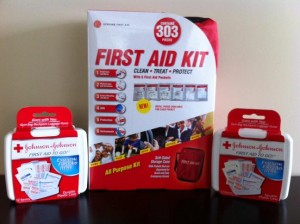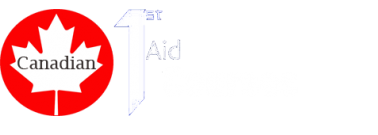Who needs CPR training?
Easy. Everyone. Everyone, whether you are in healthcare or not, need to have training in giving basic CPR and first aid. CPR is a skill not only monopolized by nurses, doctors, and other healthcare providers. It is a skill that will benefit everyone, especially in emergency situations. Seconds between a person falling prey to cardiac arrest and starting CPR can mean the difference between life and death. The victim can be a loved one, friend, or just a stranger and your CPR skills could very well save his or her life.
What is cardiac arrest?
Cardiac arrest happens when the heart stops beating, usually because of a pre-existing heart condition. The number one cause of death in the entire world is actually ischemic heart disease, a condition when the vessels that give the heart muscle oxygenated blood become blocked due to build up of plaque (atherosclerosis). This causes poor blood flow and the cardiac muscle becomes deprived of oxygen – a state called ischemia. If the heart doesn’t receive enough oxygen to function, it can stop working and send the person into arrest.
What does CPR do?

CPR is done with three simple steps: compressions, breaths, and defibrillation. Chest compressions manually pump the blood to the rest of the body, at the same time trying to get the heart beating spontaneously. Rescue breaths oxygenate the blood because cardiac arrest is usually accompanied by respiratory arrest (lack of or irregular breathing such as gasping). Defibrillation is done with a machine called an AED – automated external defibrillator – that send electric currents to the heart. This is only done when the victim has a detected heart rhythm but it is irregular, causing the heart to beat irregularly. The electric shock passed through the pads on the chest and into the heart.
Training with Seattle CPR.
At Seattle CPR, you have a choice of the following programs:
- 3 Basic Life Support programs
- 2 Advanced Life Support programs
- 3 re-certification programs
Under Basic Life Support programs, we offer the following:
- Basic CPR and AED (for the general public) – four hours long
- Basic CPR and AED (for healthcare providers) – four and a half hours long
- Basic Life Support (for healthcare providers) – four and a half hours long
Under Advanced Life Support programs, we offer the following:
- Advanced Cardiac Life Support (ACLS) – 16 hours in two days
- Pediatric Advanced Life Support (PALS) – 14 hours in two days
*To qualify for ALS programs, we require our trainees to have a Basic Life Support (for HCPs) training certificate first. They also need to pass the ACLS/PALS pre-test given before the program starts.
Certificates
Training certificates are awarded to the trainees once they pass the certification exam at the end of the program. The exam has two parts, a skills portion and a written portion. The certificate you will receive has to be renewed every two years through a re-certification class. Re-certification classes are only available for BLS, ACLS, and PALS training.
